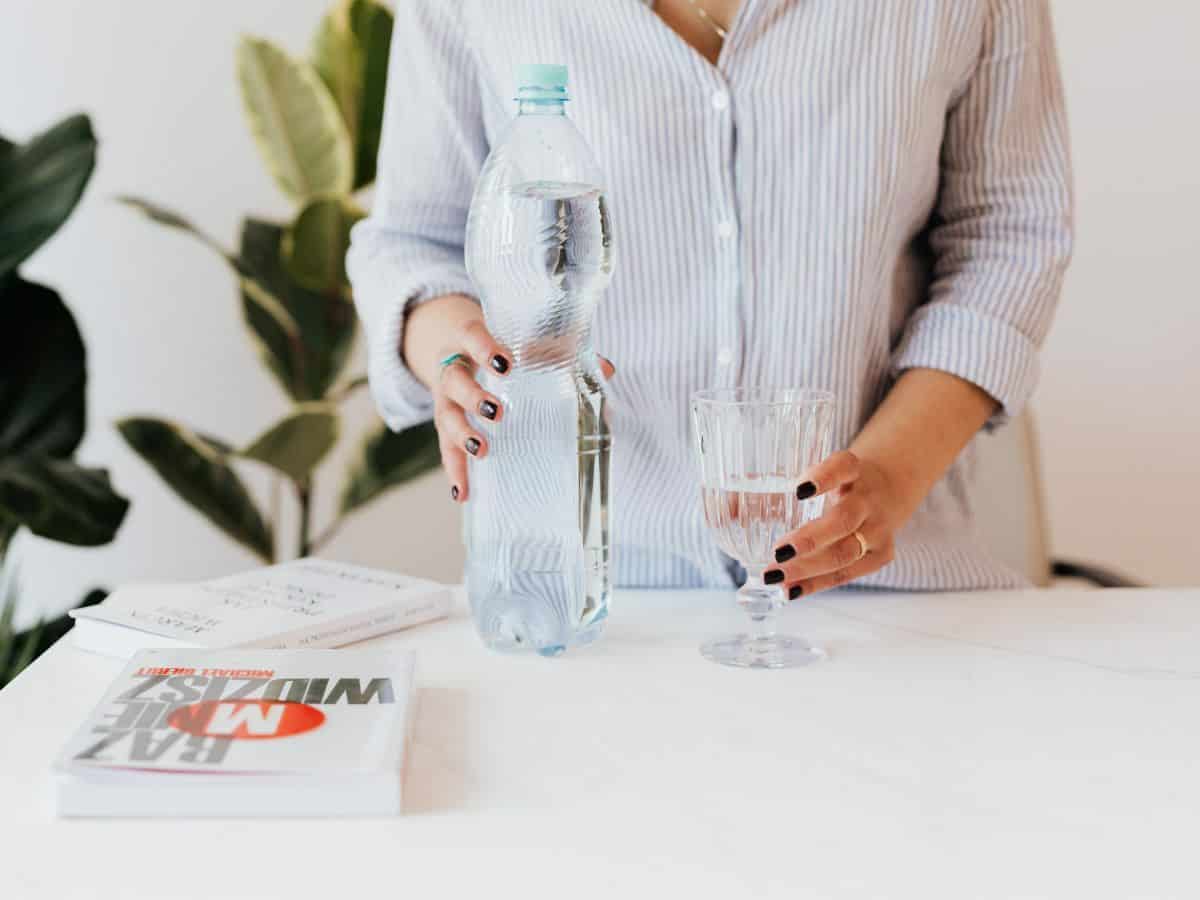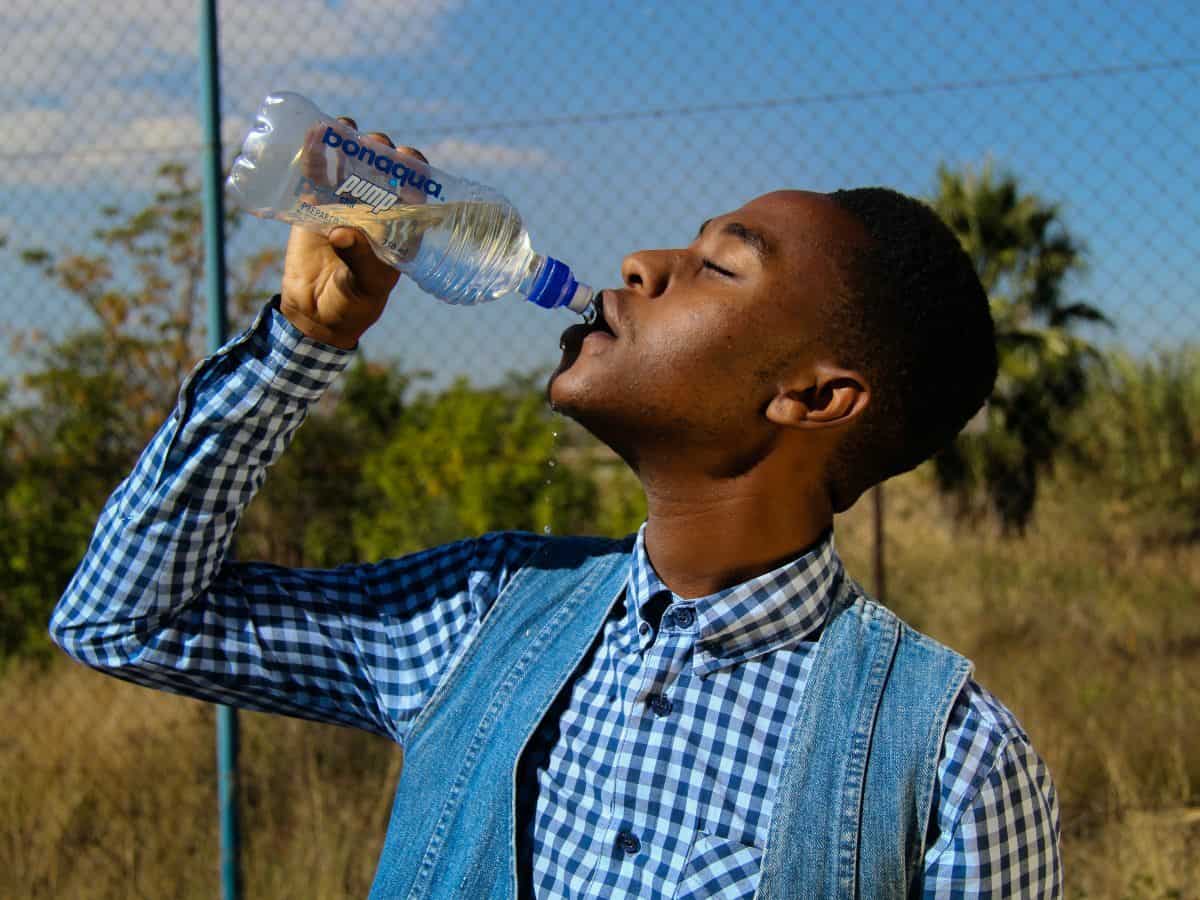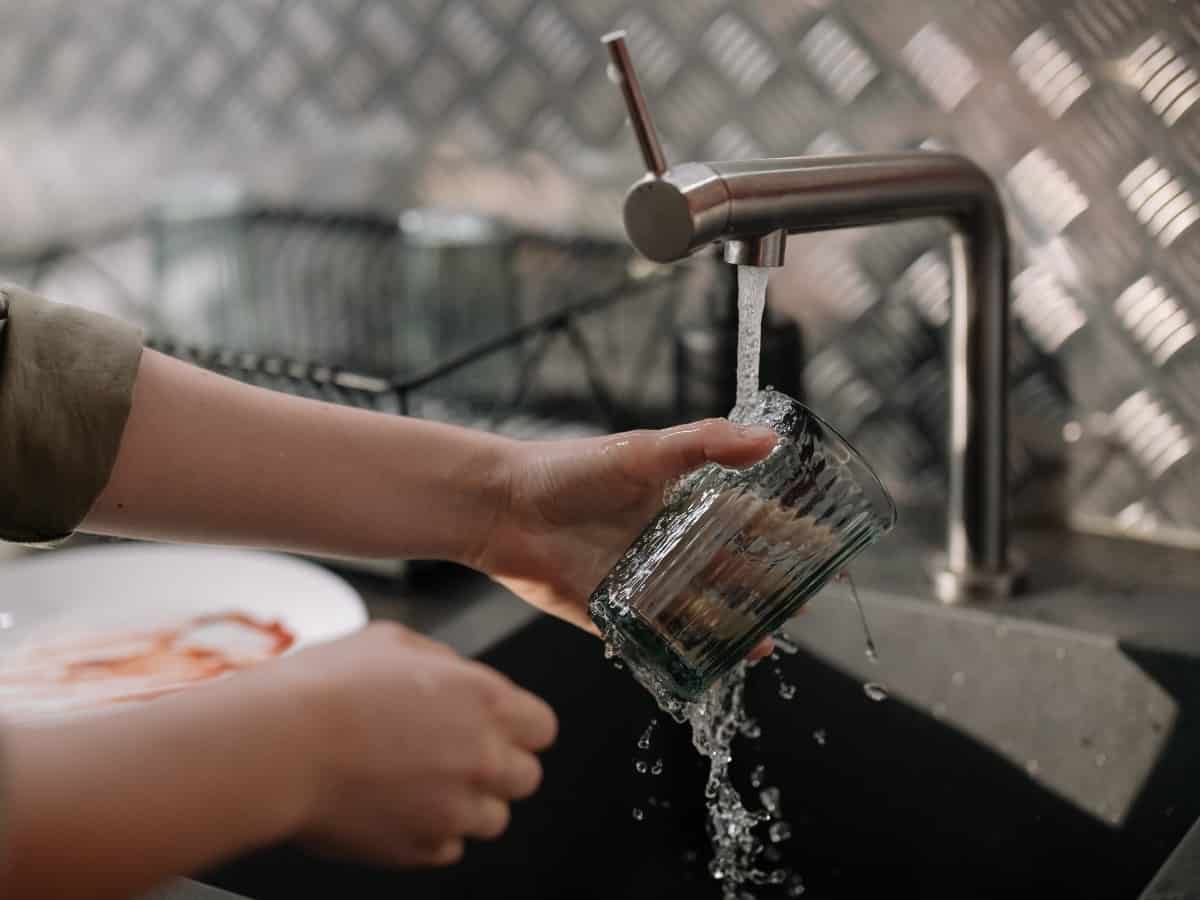Bottled Water vs. Filtered Water, tomato vs. tomato. Right? Not exactly. There are some distinct differences between the two. However, is one better than the other?
Actually, yes! Filtered water is the healthier option. Learn the differences between the water, and the best way to make sure you have the proper filtration system.
What’s In A Bottle of Water?
Between bottled water vs. filtered water, the more popular choice would be bottled water. The largest consumption of water comes from bottling. It’s easy to grab and go, but have you ever wondered if the water inside the bottle is optimal for your health? In a study done on bottled water, they found that 93% of the 259 bottles of water tested positive for microplastic contamination.
What else did they find?
A main issue with bottled water is the presence of Bisphenol-A (BPA). The chemical BPA is a common industrial chemical that is used in plastic products. The chemicals in BPA can leach, or draw out, into the water. Ingesting BPA is linked to many different health issues, including:
- Hormone disruption
- Reproduction issues
- Impacting fetal and child neurological function
- Alter immunity
- Childhood asthma
- Type-2 diabetes
- Cardiovascular disease
- Metabolic disease
- Alzheimer’s
The Impact of Bottled Water
Impact On Your Wallet
Bottled water is convenient. You can find bottles just about anywhere; the gas station, stores, and even at street vendors in most major cities. If you were to grab one or two bottles of water everyday, at roughly $1, you’re spending anywhere from $365 to $730 every year. Instead, you can focus on taking advantage of refillable water bottles, filtered at no extra cost. The reality of water bottles is that they’re relatively cheap, so it can be difficult to gauge the financial toll that it can take on your bank account every year.
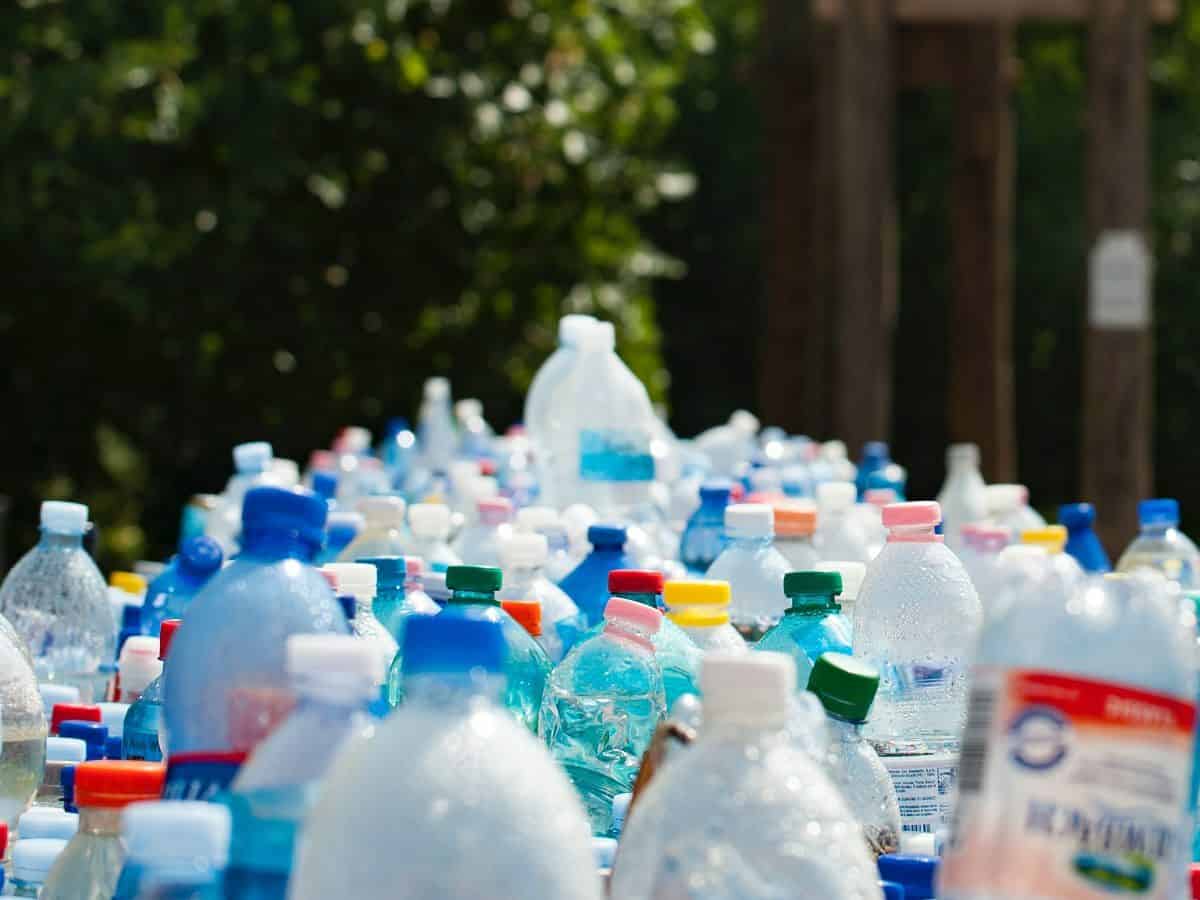
Impact On The Environment
Other than the cost impact of bottled water, the environmental impact is enormous. Habits of Waste is a company dedicated to stopping the unnecessary waste and promoting better habits. They estimate that the average American is using 167 disposable water bottles a year, while only recycling an average of 38.
So let’s do some math:
- The United States population is estimated to be 329.5 million people according to the 2020 census.
- 329.5 million people x 167 bottles a year = 55.3 billion water bottles per year
- 329.5 million people x 38 recycled bottles = 12.5 billion recycled bottles per year
- 55.3 billion water bottles – 12.5 billion recycled bottles = 42.8 billion bottles in our landfills per year
The scary part? Plastic takes thousands of years to decompose. That is one billion dollars worth of plastic just sitting in landfills. Estimates show that our recycle rate is declining further than current standards.
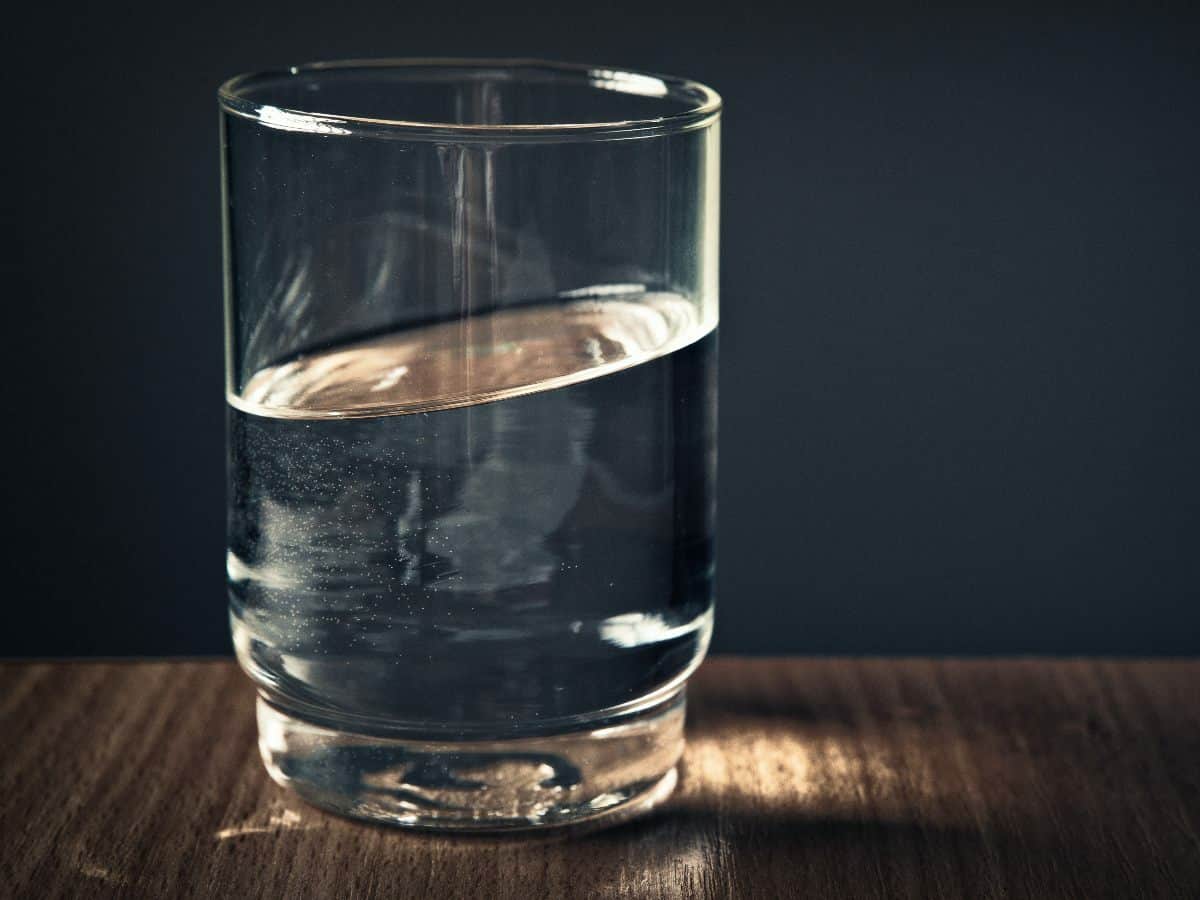
What Does A Water Filter Do?
Without being obvious, a water filter reduces or removes harmful chemicals and contaminants found in your water. There are three different types of water filters:
- Carbon Filter
- Reverse Osmosis
- Ion Exchange
Each of these filters will reduce or remove a different amount of contaminants. The carbon filter is great for removing chlorine. Filtered water bottles, refrigerator systems, filtered water pitchers, and faucet attachments use carbon filters. You can find these filters in Brita or Pur water filters. These filters are common, and easy to find.
The reverse osmosis filter is stronger, and can remove more contaminants than the activated carbon filter. You can find this type of filtration in a home filtration system. Water passes through a carbon filter to remove the initial contaminants like chlorine and other harsh chemicals. After that, it goes through a membrane filter. This filter removes any particle smaller than a water molecule. Therefore, it provides the best type of filtration.
The Ion Exchange contributes to a home filtration system by softening the water. This is necessary for homes that have “hard water.” Hard water occurs when there is a high amount of dissolved calcium and magnesium in your water. Hard water leads to itchy, splotchy skin after a shower, or a buildup on your faucets.
Filtered Water Is The Best Type of Water
With so many different filtration system options, you can take advantage of this great solution! This way, you have healthy, safe water every time you drink. Instead of buying water bottles, find a great filtered water bottle, or a regular reusable bottle filled with filtered water to take with you everywhere. Not only are you receiving health benefits from filtered water, but also making a lasting impact on the environment. Filtered water is the better choice between bottled water vs. filtered water.
Contact us today so we can get you started with a free quote on a new water filtration system. We’ll do the dirty work so you can live a healthier lifestyle.
Whatever your needs are, we’re ONIT. Visit us online or call us at 1-833-433-0331.


